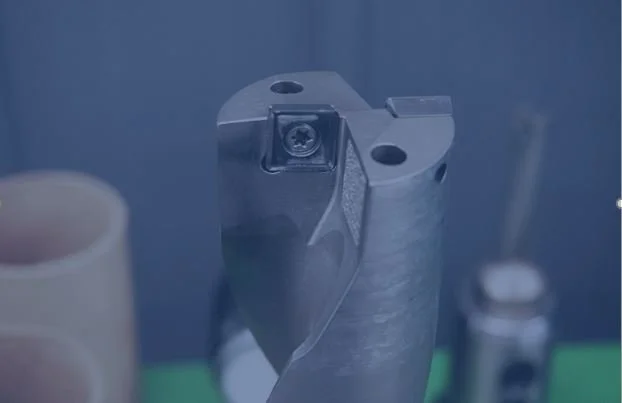The machining industry has thousands of CNC machine shops. Many of them struggle to stay profitable and deliver on their promises, and as a result, don’t grow as fast as they want to. A small number of shops are highly effective and grow faster than the rest and go on to have amazing results. I’ve talked with thousands of machine shops around the world and seen the common themes, and of course, with our own experience growing a shop from $0 to $12M in revenue, we have a few thoughts to share today. There are many more effective habits that are also important, but here are the most important habits we’ve seen over the years.
Machining.Blog® is a weekly blog focused on manufacturing career development. It features blog articles on the fundamentals of manufacturing for aspiring machinists. Our goal is to create an interest in manufacturing in the USA. Our writer Matthew Schowalter has worked in manufacturing for 24 years, and he covers the topics that matter to someone starting their career in manufacturing.
“The soft skills the machinist uses are the unseen tools in their box and can directly impact the success or failure of a dreamed after machining career.”
















